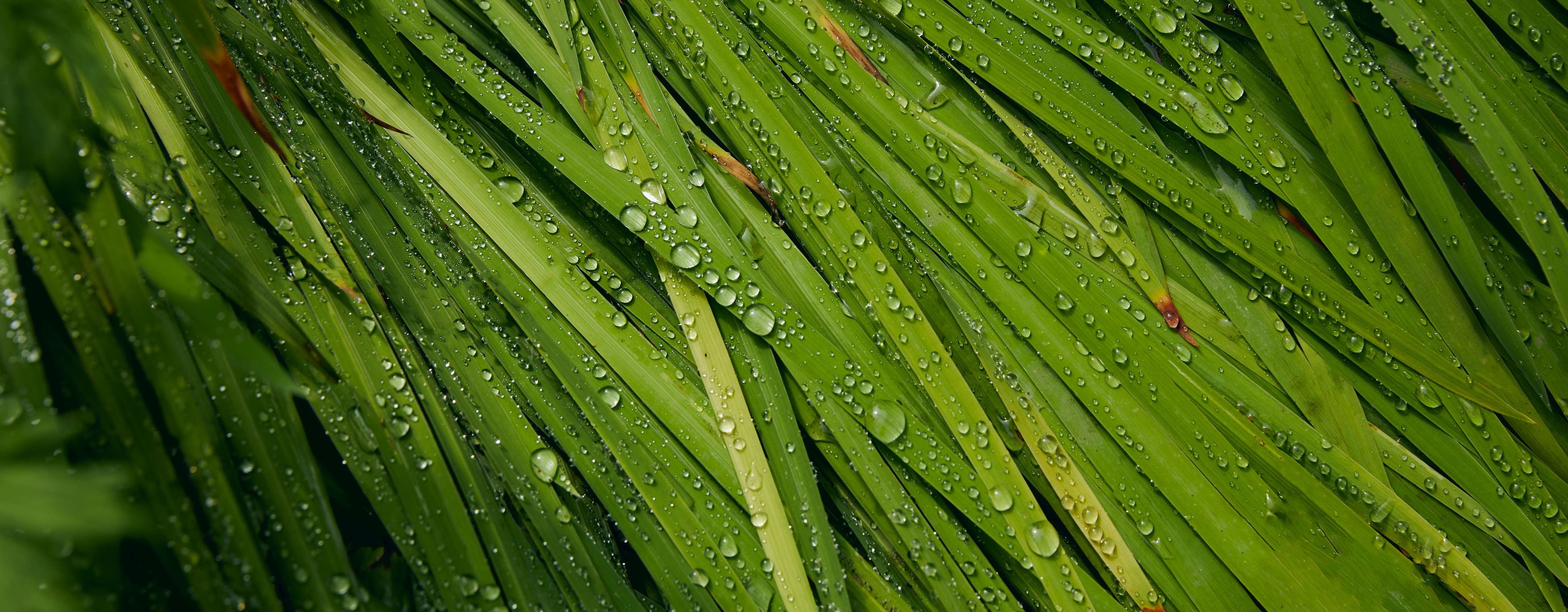Biodegradable skincare ingredients are derived from natural, organic, and renewable materials that decompose harmlessly into the environment. Here are some examples of:
- Plant-based oils, such as coconut oil, almond oil, and jojoba oil are rich in nutrients and help moisturise and nourish the skin.
- Herbs and botanicals, such as chamomile, aloe vera, and lavender extract, are often found in biodegradable skincare products and have soothing and anti-inflammatory properties.
- Essential oils, derived from plants and herbs, are used in skincare for their fragrance and skin-beneficial properties. Examples include tea tree oil, which has antimicrobial properties, and lavender oil, which has calming and soothing effects.
- Natural exfoliants, such as sugar, salt, and ground nuts, are commonly used in biodegradable skincare products to gently exfoliate the skin.
Additionally we also have biodegradable ingredients that are from a synthetic source that have been designed to be environmental friendly.


